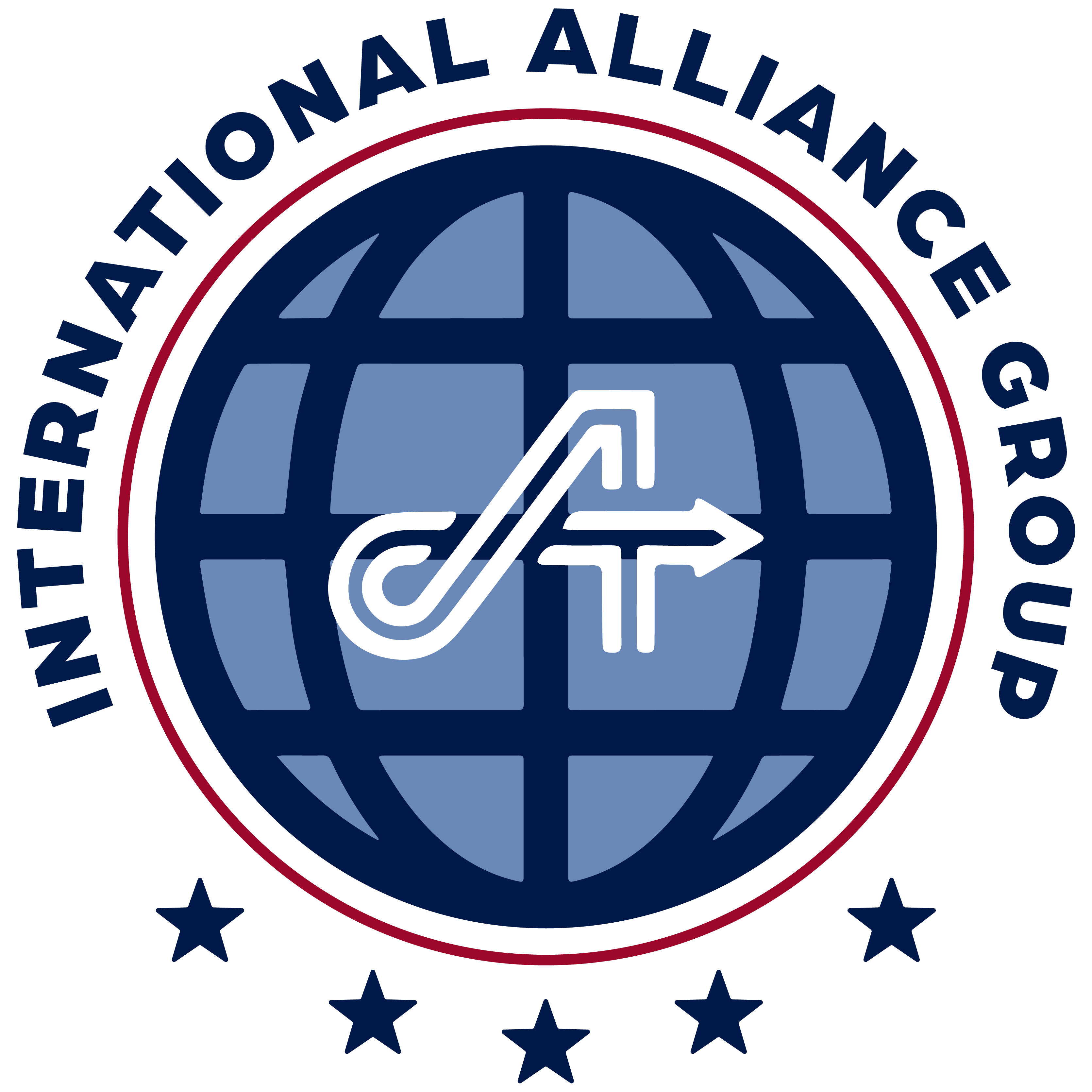April invites us to immerse ourselves in National Autism Awareness Month, a crucial time to learn, empathize, and build a more inclusive future for all individuals on the autism spectrum. Autism Spectrum Disorder (ASD) is a complex developmental condition characterized by challenges with social communication, behavior, and sensory processing. While each individual with autism presents uniquely, the need for community understanding and support is universal.
Why It Matters
According to the Centers for Disease Control and Prevention (CDC), approximately 1 in 36 children in the United States is diagnosed with ASD (Maenner et al., 2023). Despite increasing diagnosis rates, stigma and misinformation persist.
Current Landscape
Prevalence and Diagnosis
· Autism affects all racial, ethnic, and socioeconomic groups, though disparities in access to care remain.
· Early diagnosis (by age 2) significantly improves outcomes (Zwaigenbaum et al., 2015).
Economic and Social Impact
· Lifetime costs for supporting individuals with autism can exceed $1.4 to $2.4 million per person (Buescher et al., 2014).
· Employment rates for autistic adults remain disproportionately low despite many being capable and willing to work (Taylor & Seltzer, 2011).
Awareness vs. Acceptance
Awareness is only the first step. Acceptance involves creating inclusive spaces, dismantling stereotypes, and recognizing neurodiversity as a valuable part of human variation. Language also matters—many in the community prefer identity-first language (e.g., “autistic person”) as a reflection of pride.
The Role of Schools and Employers
In Education
· Inclusive classrooms benefit both autistic and neurotypical students (Holahan & Costenbader, 2000).
· Individualized Education Programs (IEPs) and sensory-friendly accommodations are critical tools.
In the Workplace
· Employers can support autistic workers by offering clear communication, flexible workspaces, and sensory considerations.
· Autism hiring initiatives (e.g., SAP Autism at Work, Microsoft Inclusive Hiring) have shown strong outcomes
How to Get Involved
· Learn: Participate in webinars, read firsthand accounts, follow autistic advocates online.
· Advocate: Push for policy changes that improve access to education, healthcare, and employment.
· Support: Donate to or volunteer with autism organizations that are led by or collaborate with autistic people.
National Autism Awareness Month is more than a symbolic observance. It’s an opportunity to educate, include, and transform how society understands autism. With empathy, science-based information, and inclusive practices, we can build a world where all individuals on the spectrum are supported and celebrated.
This blog was written by Global Workforce Development, powered by IAG, an organization dedicated to creating international job opportunities for professionals.

